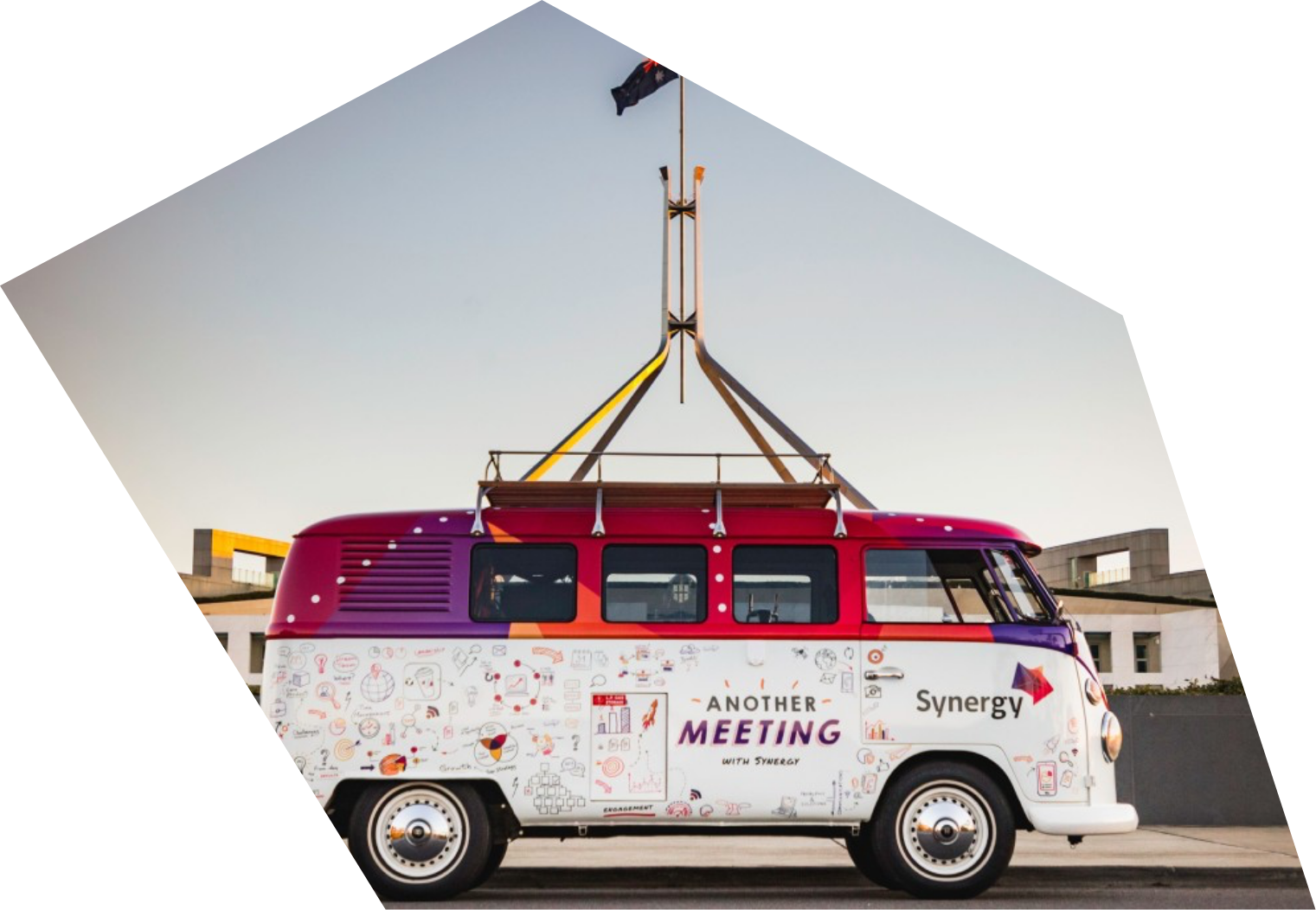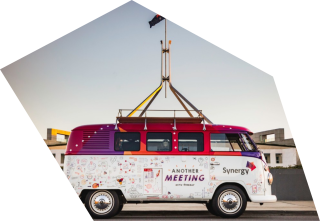No, it’s not just Another Meeting

American author and columnist, Dave Barry, captures best what most of us think about meetings:
If you had to identify, in one word, the reason why the human race has not achieved, and never will achieve, its full potential, that word would be ‘meetings’.
We all talk about how much time we all spend in meetings. New research shows that office workers in the Australian Capital Territory, the city where we work, are among the country’s most likely to describe meetings in a negative way – using words such as unproductive (25%), inefficient (24%) and uninspiring (22%) to describe a typical meeting. Those working in the public service (58%), the people we work with every day, were even more likely to disparage meetings, labelling them as boring (32%), a waste of time (31%) and unproductive (31%).
Given the average office worker attends almost 400 meetings every year, equating to an average of 220 hours a year in unproductive meetings, we should be doing something about this not just providing a more sophisticated description of why we are unhappy in meetings.
But aren’t meetings useful and important? A quick Google gave us 10 reasons why meetings are important.
- They’re great for building supportive relationships
- They’re vital for learning about our colleagues’ motivations, fears, hopes, troubles, etc.
- Team meetings provide us with a ‘safe’ environment
- A team meeting is a level playing field and an open forum
- They play a vital role in leadership
- Nothing can replace the intimacy
- Team meetings allows attendees to lift their head out of day-to-day operations
- They create a space for giving each other feedback
- Team meetings are a learning and improvement opportunity
- They’re a great reminder, after all, that we are in fact in a team – and not alone!
These are great reasons to have meetings; in particular, the last point. It reminds us that we are all members of teams, we have colleagues, and that meetings remind us that we are not isolated.
We think our dissatisfaction with meetings is a symptom of a broader workplace problem. Office work has become routine and fixed. We are bound to our desks, we stare into our screens for hours on end, and we communicate through e-mail.
Our work is not so distant from the way Medieval scribes described their work:
Writing is excessive drudgery. It crooks my back, it dims your sight, it twists your stomach and your sides.
Sound familiar?
We work at Synergy. It’s a consulting company. Our business – the way we work – can amplify the sense of dislocation in our teams. We work in other people’s workplaces, we work on projects, and our teams are forever in motion. We work together but we are easily disconnected.
So, instead of spending more time on describing why meetings were unproductive we asked ourselves: Is there a more engaging and inspiring alternative to the traditional work meeting that connects our people?
It was a task that Synergy’s leadership and our very clever in-house creative agency took on as a challenge. Our solution: ‘Another Meeting’.
‘Another Meeting’ is a 1965 VW Kombi that is fully equipped to take the essentials of any meeting – coffee – to our people. It is a mobile meeting platform that acts as a remote meeting location to encourage collaboration and creativity for both our staff and clients alike.
It gets people out of office and into a more creative and collaborative environment. In a socially disconnected world, our solution helps to re-frame what it means for our people to have a meeting and allows our people and clients to experience work in a more engaging way.
At Synergy, we pride ourselves on clearly naming the problem and developing a practical solution. The problem was not meetings, the problem is isolation in the workplace. The solution is to take a piece of our culture to our people and our clients. To show our people and clients that meetings don’t have to be a bunch of people sitting awkwardly around a table.
A meeting can be in a park, it can be enjoyable, it can be where we engage, collaborate, and share. Meetings should (and could) be the most creative part of our day but we have turned them into something dull and unproductive. The meeting is the not the problem, we are.
At Synergy, thinking about how we re-frame the way we experience work. We all spend a lot of time working, so how can we make that a more enjoyable and productive part of our day and lives.
About the Authors
Sally Dorsett and David Schmidtchen co-lead Creative People at Synergy. Creative People focuses on behavioural and cultural change in the workplace. It has two Synergy teams: Creative & Design and People & Organisational Development.
Sally passionate about improving access to flexible work. She has been responsible for leading and implementing workplace change to improve flexible working practices throughout her career. David is fascinated by people, work and organisation. He is interested in the growing diversity of employment types and how organisations will respond.
